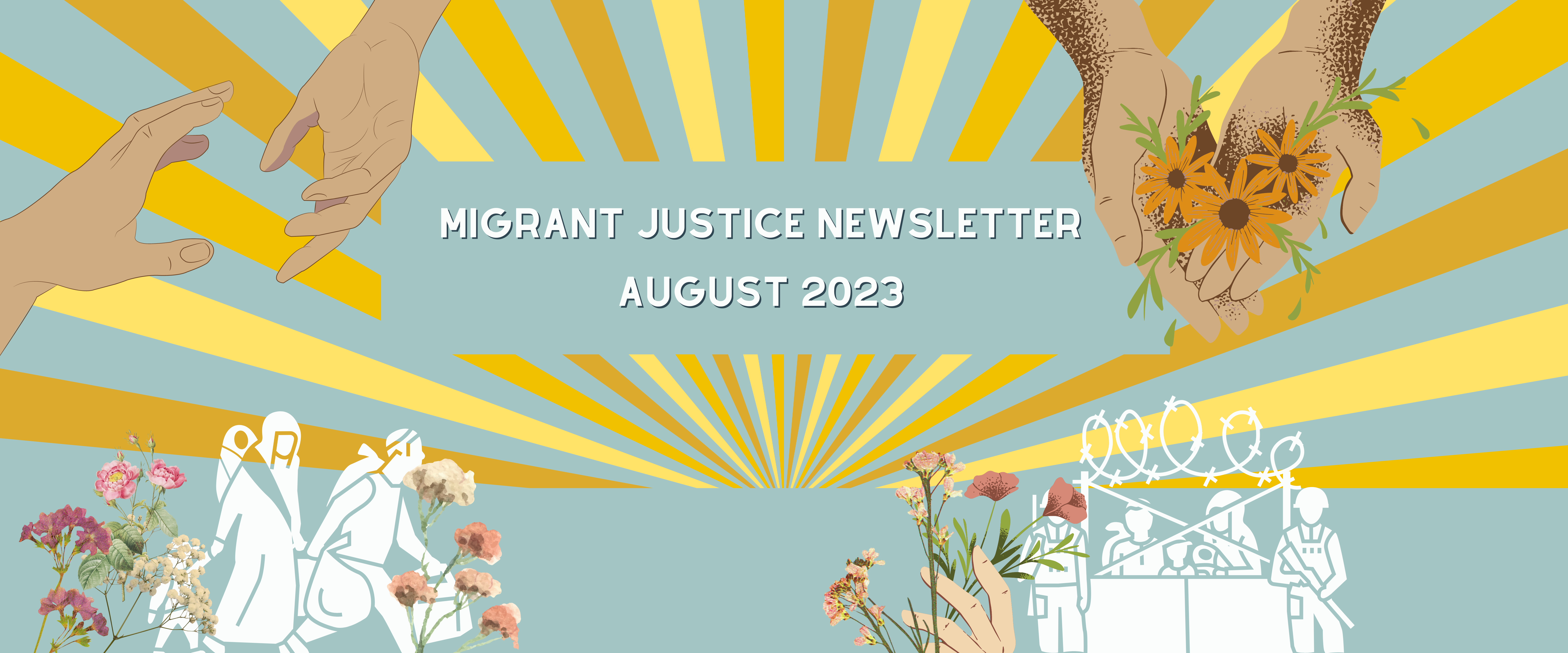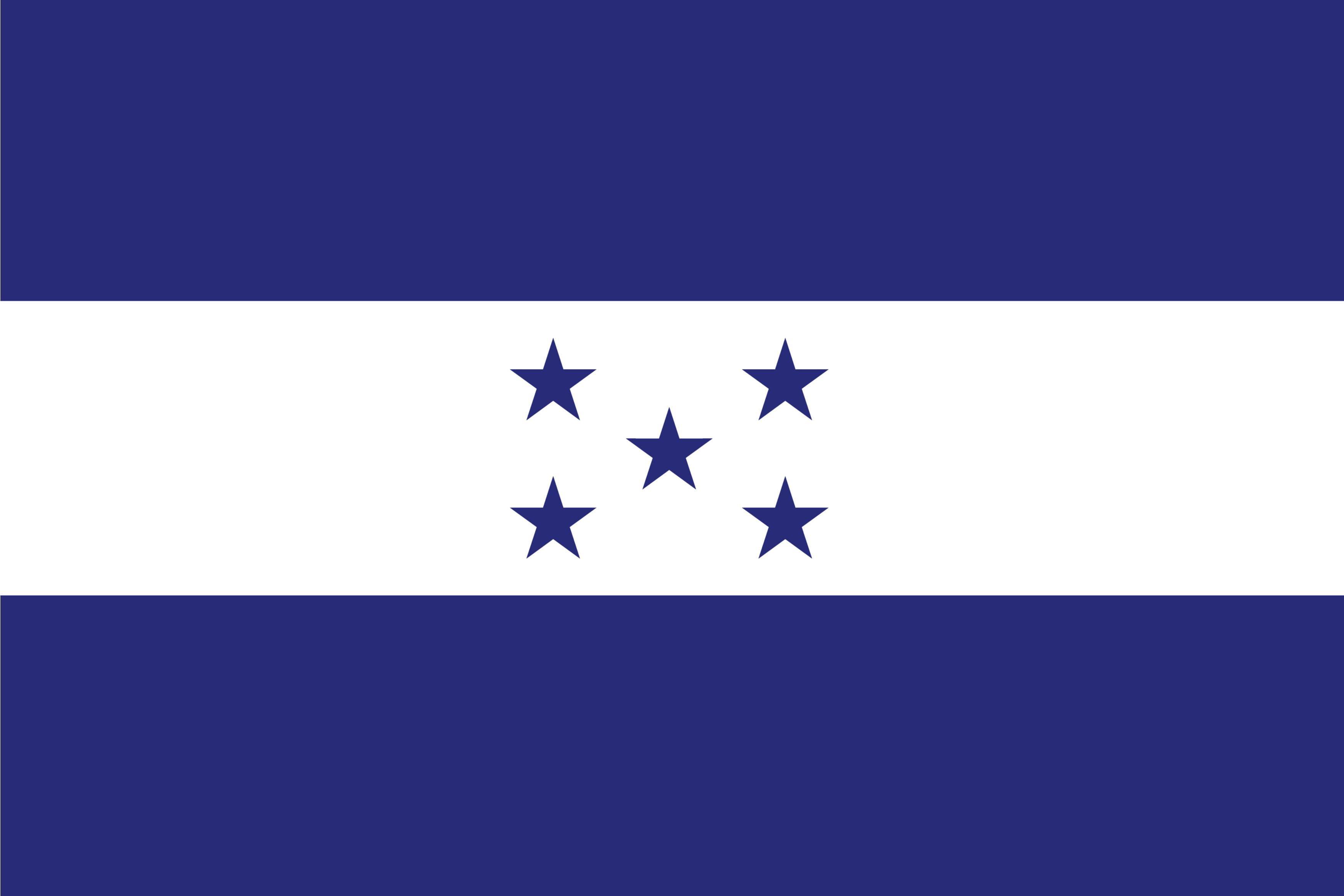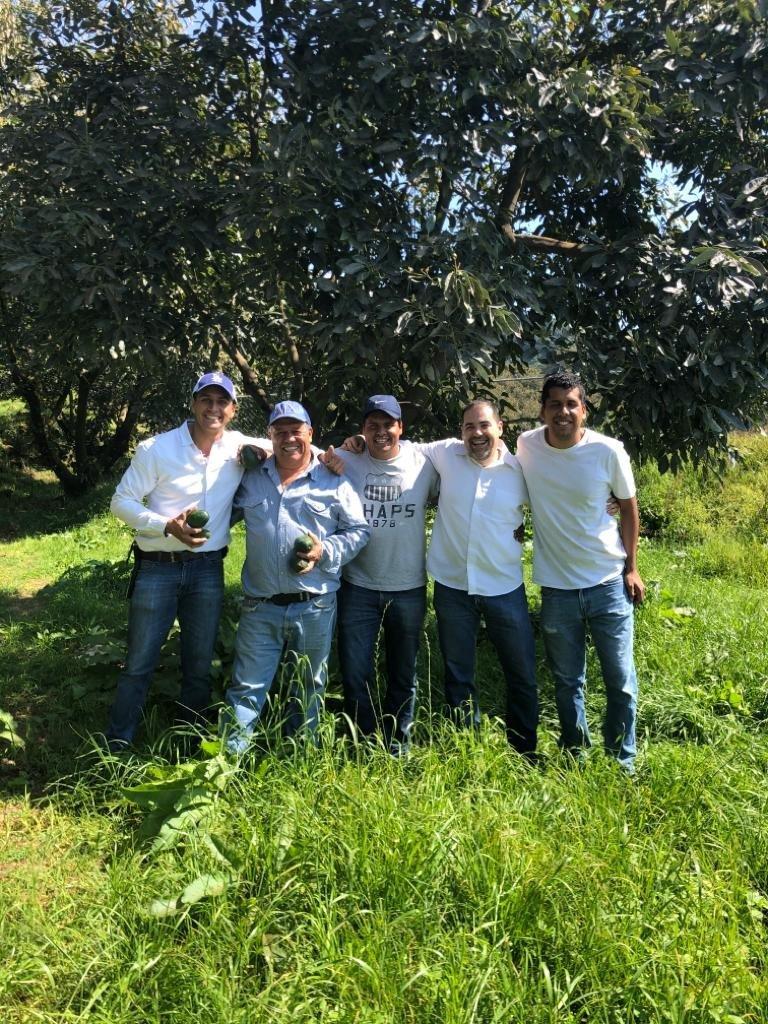The continued persecution of environmental and territorial defenders in the Aguán Valley is alarming.
Arnold Alemán was one of the eight defenders from Guapinol who were released from prison in February of 2022 after having spent 29 months incarcerated without just cause. Police illegally detained him on August 15 as he, his spouse, and his daughter were returning from a doctor’s appointment at 9pm. Although he had been acquitted of all criminal charges, the police stated that an arrest warrant was still in force. He was later released.
The Municipal Committee in Defense of the Common and Public Goods of Tocoa (CMDBCPT) has denounced since August 2022 a hate and smear campaign that has escalated to surveillance, harassment, and threats against the lives of community leaders who oppose concessions given to Inversiones Los Pinares to mine iron oxide inside the Carlos Escaleras National Park. CMDBCPT has also warned that agribusiness corporations are surveilling and planning to assassinate campesino leadership because of the campesino cooperatives’ efforts to reclaim stolen lands (land recuperation). Indeed, two Guapinol defenders have been assassinated this year (cf our letters 24 JAN 2023, 21 JUN 2023).
We are urging that the government of Honduras establish protocols to expunge arrest warrants for defenders who have been granted their freedom, and create protocol to share the records across the judiciary, Public Ministry, and police.





